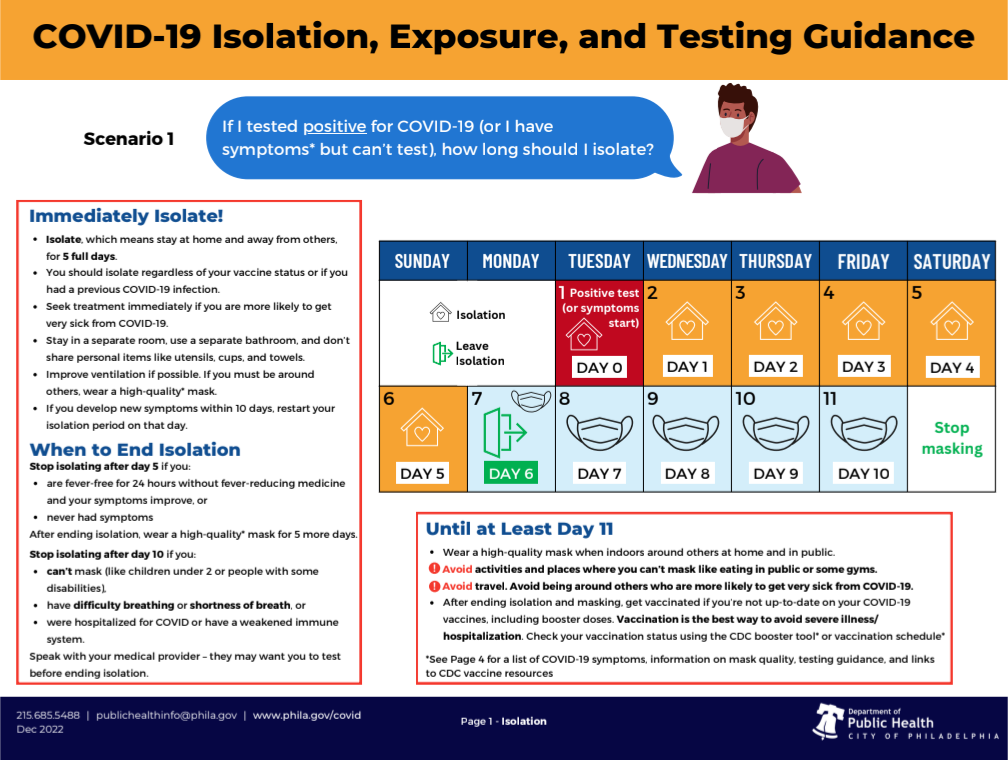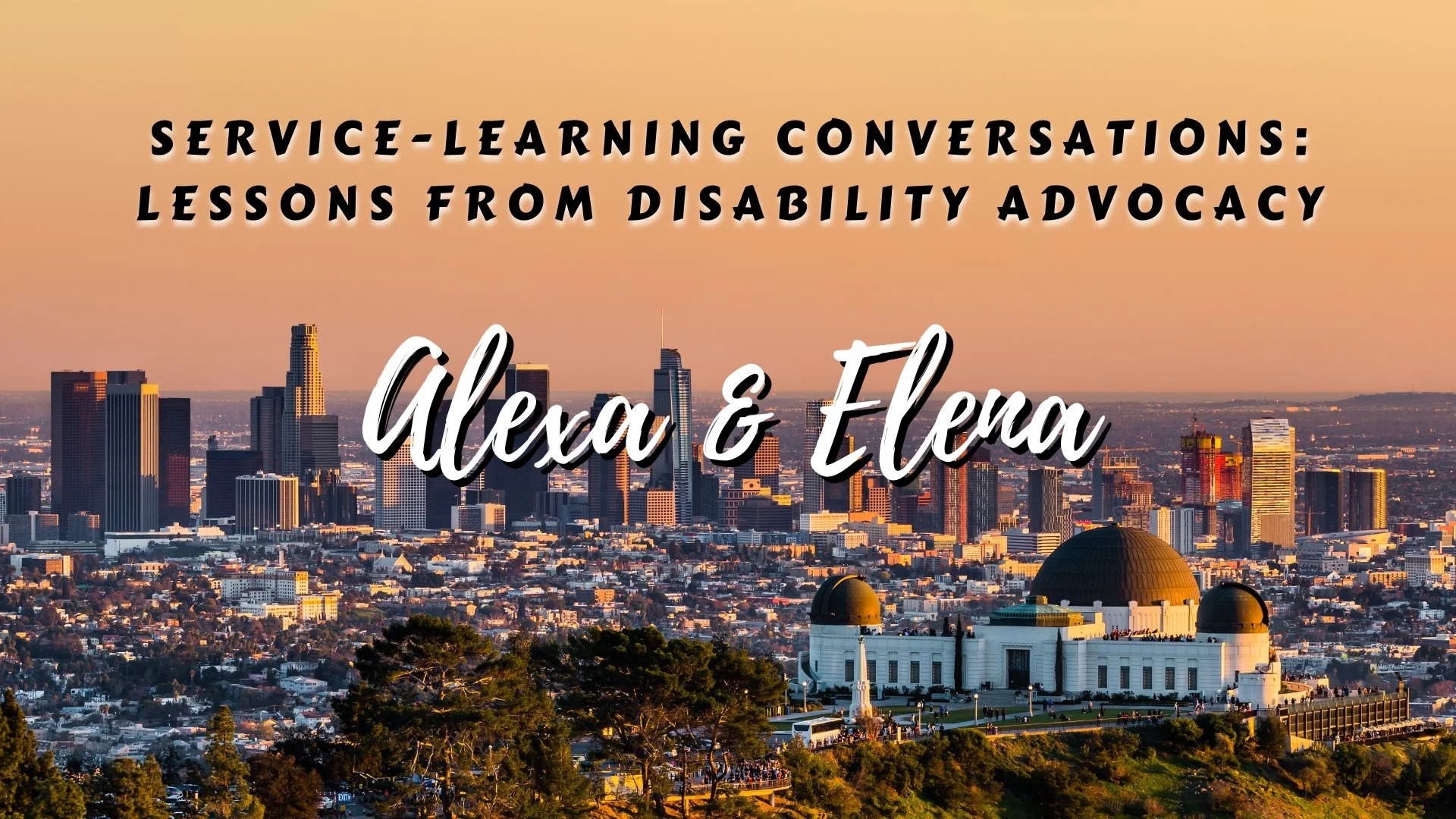Kwento Box Podcast: Sharing Stories, Community
Overview
During Filipino American History Month, resident physicians at CYFAM launched Kwento Box, a podcast and video storytelling project that celebrated identity, community, and reflection in medicine. The series created space for Filipino American physicians to share their experiences through the lens of kwentuhan — story-sharing that builds empathy and connection.
My Role: Mentorship, filming and editing guidance, guest speaker, and resource setup within CYFAM
Collaborators: CYFAM resident physicians and staff
Audience: Filipino American medical trainees and community members
The Challenge
Many early-career physicians — especially Filipino Americans — have few spaces to reflect on how heritage shapes their practice. Demanding schedules and institutional cultures often leave little room for personal storytelling or cultural dialogue. The project aimed to empower residents to use creative media to explore identity and connection while honoring their professional and community commitments.
Theory of Change
If physicians could tell their own stories through culturally rooted frameworks like kwentuhan, they could strengthen both community bonds and personal resilience. As mentor, I supported the residents through concept development, filming, and editing, ensuring each story reflected authenticity and care. The podcast used narrative as both a reflective practice and a form of public health communication — showing that storytelling is part of healing for both the teller and the listener.
Impact
Kwento Box became a platform for visibility and solidarity within Filipino American medicine. Residents reported renewed pride in their heritage and greater understanding of how identity influences care. The episodes were shared through CYFAM and Filipino American History Month events, expanding conversations on culture, representation, and wellness. The project demonstrated how mentorship and storytelling can nurture belonging and community health — reminding us that healing has many voices.
Quarantine Visuals: Turning Confusing Rules into Clear Guidance
Overview
During the early pandemic, when guidance changed faster than people could keep up, we needed a way to make it visible. This visual calendar transformed shifting isolation and quarantine rules into a format people could quickly understand and apply in daily life.
My Role:Concept design, message development, and user testing
Collaborators: Other staff and graphic designers
Audience: General public and public health staff contact tracers
The Challenge
Many residents were overwhelmed, juggling work, family, and safety responsibilities while trying to interpret complex instructions. Guidance around isolation and quarantine shifted often and relied on written or verbal explanations. Public health teams needed a clear, adaptable way to communicate evolving rules that anyone could follow.
Theory of Change
I believed a visual calendar could make guidance easier to follow. By replacing text-heavy instructions with a calendar format, residents could quickly see when isolation began and ended. I proposed this concept after hearing repeated confusion during case interviews. I sketched and tested the first prototypes, then worked with designers and clinical staff to refine icons, colors, and plain-language labels based on CDC guidance. The tool used everyday visual cues to make public health guidance intuitive and actionable.
Impact
The visual aid was deployed across the city’s testing and contact tracing programs, improving communication consistency and comprehension. It became a core training tool for hundreds of public health staff and was later shared with other health departments and community organizations. The project demonstrated how design and empathy can work together to make complex information clear and useful
Disability Visibility in Medical Education
It all begins with an idea.
Overview
A student-driven narrative media project that integrates the lived experience of disability into medical education to build empathy, awareness, and structural competency
My Role: Concept design, student training in narrative interviewing, editorial oversight, and curricular integration
Collaborators: Medical student interviewer, community member with spinal muscular atrophy
Audience: Medical students
The Challenge
Many physicians report discomfort in caring for people with disabilities, often due to limited exposure during medical training. Disability remains structurally invisible in curricula—seen clinically but rarely encountered as a lived experience. Students lack opportunities to understand disability as both identity and social determinant.
Theory of Change
If medical students engage directly with authentic narratives from people with disabilities, they will develop the extra-clinical language and awareness necessary to recognize structural barriers, improve communication, and advocate for accessibility. By foregrounding lived experience, the project humanizes disability, normalizes inclusion, and reframes disability as a source of expertise and advocacy rather than deficit.
Impact
The narrative piece was integrated into the medical school’s disability curriculum as required pre-learning, accompanied by reflective discussion prompts. It has expanded disability visibility within the learning environment and informed the development of similar student-led narrative projects addressing homelessness and other social determinants of health. The project demonstrates how storytelling can cultivate structural humility and deepen learners’ understanding of disability as a key dimension of health equity.
Evaluating Culturally Tailored Healthy Eating Messaging
It all begins with an idea.
Overview
A student-led community project that used Filipino cooking and storytelling to make healthy ingredient swaps more approachable and culturally authentic.
My Role: Mentor for the Community Engagement Committee; ensured message consistency around healthy ingredient swaps; designed and framed the program evaluation
Collaborators: Medical student organizers, community members, and the Council of Young Filipinx Americans in Medicine
Audience: Filipino families and community members participating in culturally tailored health education programs
The Challenge
Health education campaigns often focus on behavior change but overlook the importance of culture and community. For Filipino families, food is tied to heritage and identity—changing traditional ingredients can feel like losing authenticity. The challenge was to encourage healthier habits without losing cultural connection.
Theory of Change
If people see healthy cooking modeled in a way that honors cultural roots and community values, they are more likely to feel confident and motivated to make changes. The project drew on bayanihan—the Filipino spirit of collective effort—to measure how shared confidence and mutual support shape health behavior.
Impact
The evaluation identified distinct patterns in participants’ confidence and motivation, showing how cultural pride and social connection influence healthy choices. The organization now plans to use the same evaluation framework to strengthen other community health programs, ensuring they reflect and celebrate the communities they serve.
Strategic Narratives in Health Equity
It all begins with an idea.
It all begins with an idea. Maybe you want to launch a business. Maybe you want to turn a hobby into something more. Or maybe you have a creative project to share with the world. Whatever it is, the way you tell your story online can make all the difference.
Don’t worry about sounding professional. Sound like you. There are over 1.5 billion websites out there, but your story is what’s going to separate this one from the rest. If you read the words back and don’t hear your own voice in your head, that’s a good sign you still have more work to do.
Be clear, be confident and don’t overthink it. The beauty of your story is that it’s going to continue to evolve and your site can evolve with it. Your goal should be to make it feel right for right now. Later will take care of itself. It always does.





